ASIAN MANUFACTURING COST REPORT Q4– 2019

Executive Summary
Asian manufacturing commodity price trends in the fourth quarter were again mixed. Many grades of Plastics, Steel and Ceramics were mostly down in price. While some grades of Rubber, Alum, Paper, Textiles and Fuel prices were all up. Labor rates were steady in the lower wage countries. Freight rates according to the World Container Index increased substantially. Metal and Wood prices were mixed. The US Dollar was down a little bit against most of the Asian currencies in Q4. China imports and exports saw slightly up in this quarter. The China CPI and PPI were up marginally. The PMI indexes saw slightly down in Q4, PMI China saw slightly up, while PMI Hong Kong and PMI USA decreased slightly. Below is a chart of the general trends and for all the details on the cost drivers of Asian manufacturing, please see the entire report.
Asian Manufacturing Cost Drivers Report Details-2019 Q4
PLASTICS & RUBBER
– Most of General Purpose plastic prices were steady in the fourth quarter. Expect for the prices for PE (LD400) and PS (688B) were down on the average of 8.7%. Year over year, most of the general plastic prices are down, with PVC (S700) decreased marginally 1%, PS (688B) is down over 20%. Only PET (SE-3030) is unchanged versus one year ago.
-The fourth quarter of engineering plastic prices was mixed. Nylon (PA66) was slightly increased 0.1% and PU Foam (Density<30) was up 0.5%, PC (L-1250Y), POM (FM090500P) and ABS (PA-757K) were down on the average of 0.8%, while Nylon (PA6) was unchanged. Year over year, PC (L-1250Y) is down most in price which is over 9%, followed by ABS (PA-757K) down 7.8%. While Nylon (PA66) and POM prices are increase slightly. Only PU Foam (Density<30) is steady versus one year ago.
– Most of the Rubber prices were up in Q4, Latex Rubber saw obviously up which was over 11%. Polybutadiene Rubber was down most in price, which was over 10.5%. NBR price was steady. Year over year, expect for NBR price is unchanged, most of rubber prices are down, with CR, EPDM prices are sharply down on the average of 16%, followed by Polybutadiene Rubber prices are down 3.5%.
METALS
– For the fourth quarter of 2019, the prices for Carbon Steel were mixed. Cold Roll Steel Sheet and Hot Roll Steel Sheet prices were up 3% and 2.8% respectively, while Cold Roll Steel Tube was down 2.3% in price and Steel Wire price was down 5.6%. Pig Iron was steady. Year over year, most of carbon steels in price are up on the average 6.3% versus one year ago.
– In the Stainless Steel part, most of the grades of prices were down in the fourth quarter, with 304, 201 and 430 in price down 6%, 1.9% and 0.6% respectively, while 420 prices were up 0.5%. Year over year, most of the Stainless Steel prices are down, with 201 and 410 prices sharply down over 10%, followed by 430 prices down slightly versus one year ago.
– Most of aluminum prices were up on the average of 3.7% in the fourth quarter, while Aluminum 3003 was down 0.6%. Year over year, All aluminum prices are up, with Aluminum 6061 is up over 10% versus one year ago.
– In other Industrial Metals, the trend was mixed in Q4, with Nickel in price was significantly down 17.9%, and the prices for Copper and Brass Rod were both up over 5%. Only Zinc in price was down slightly 2%. Conversely, year over year, Nickel price is significantly up 26.7%, And Zinc price is sharply down 15.5% while Copper and Brass Rod are up 2.1 and 9.6% respectively versus one year ago.
WOOD, PAPER & TEXTILES
– Wood prices in Asian manufacturing were mixed in Q4, with Beech Hardwood was up 1.6%, while MDF prices were down 3%. Similarly, year over year, Wood prices are mixed, and Pine Softwood is unchanged versus one year ago.
– Most of grades prices of Paper Materials were up in the fourth quarter, expect for Kraft Paper in price was down 2.7%, the rest of grades prices were up on the average of 3.8%. Year over year, the trend for paper price is decreasing, with Art Paper and Corrugated Board both enormously down over 12%, White Cardboard is down faintly. While Kraft paper and Gray Cardboard are up over 2% versus one year ago.
– Textile fabric prices were mostly unchanged in the fourth quarter, except Raw Cotton in price was up 3.2%. Meanwhile, year over year, most of Textile prices keep steady, while Raw Cotton and 100% Polyester Fabric are down 14.9% & 5.3% respectively versus one year ago.
CERAMIC AND GLASS RAW MATERIALS
-In Ceramic Raw Materials, the trend for the grades were mostly steady in Q4, with Soda Ash obviously dropped 10.8%, followed by Alumina and Glass Grade Sand in price were down 5.4% and 0.3% respectively. Year over year, Kaolin and Feldspar are up over 2%. Other prices are all down, Glass Grade Sand is slightly down 0.9% and Soda Ash is dropped 25% versus one year ago.
FUEL
Fuel prices in China were generally going up, with LPG , Diesel Oil prices were obviously up in the range of 43% ~ 48% in the fourth quarter. However, Petroleum price was unchanged. Similarly, year over year, the trend for the grades are increased in price, with Diesel Oil in price is largely up to 57.4%, followed by LPG price sharply increase 52.9%, while Petroleum is down over 15% versus one year ago.
OCEAN FREIGHT
The World Container Index was obviously up 21.8% in the fourth quarter. Year over year, the World Container Index is increase 2% versus one year ago. This is a huge change and a significant negative indicator for Asian manufacturing.
COST OF LABOR
All of the Asian labor rates were unchanged in Q4. Year over year, rates are up in most countries with Bangladesh rate is sharply up the most (over 50%) followed by Indonesia (up 9.4%), China and Vietnam are up 2.5% and 5% respectively.
CURRENCY EXCHANGE RATE
For the fourth quarter, the USD was slightly strength against the Bangladesh Taka, and weaker against China RMB, India Rupees, Taiwan New Dollars, Indonesian Rupiah , Thailand Baht and Vietnam Dong. Year over year, the biggest gains for the USD are against the Bangladesh Taka, followed by China RMB, and weaker against others.
CHINA TRADE (Data lags by one month)
– China Imports was slightly up 2.8% and Exports was up 1.47% in the fourth quarter. Year over year, China Imports is obviously increased 11.76% and Exports is up faintly 0.05% versus one year ago.
– The China Consumer Price Index (CPI) and China Producer Price Index (PPI) were all slightly up in the fourth quarter. Year over year, the China CPI is up 2.55% while the China PPI is down marginally versus one year ago.
PURCHASING MANAGERS INDEX (PMI)
USA PMI and Hong Kong PMI were both down slightly, while China PMI was up in the fourth quarter. Year over year, USA PMI is down over 13%, while China PMI and Hong Kong PMI are up 1.62% and 9.34% respectively versus one year ago.
CONTACT US FOR MORE INFORMATION
Thank you for taking the time to follow trends in Asia manufacturing. Source International has operational offices in Louisville, Kentucky, Xiamen, China and Saigon, Vietnam. Our passion is to partner with companies in supply management from Asia. We have a 26 year on-the-ground track record, a rigorous operating procedure, and a very well trained local staff. We welcome the opportunity to show you how we can add value to your supply chain in Asia and invite you to visit our offices to learn more about us.
For additional details, please refer to the charts that follow or contact one of our Operations Specialists for more information.
Also, please like us on Facebook and Linked-In.
Thank you for your support.
Data for this report comes from the sources listed and while every attempt is made to be as comprehensive and accurate as possible, please consider that these are just general trends and you should not draw any specific conclusions from the data. We recommend that any information provided in this report be weighed against other sources and experts on the individual topics covered and\, accordingly, we make no specific claims nor assume any liability from the use of the data contained herein.

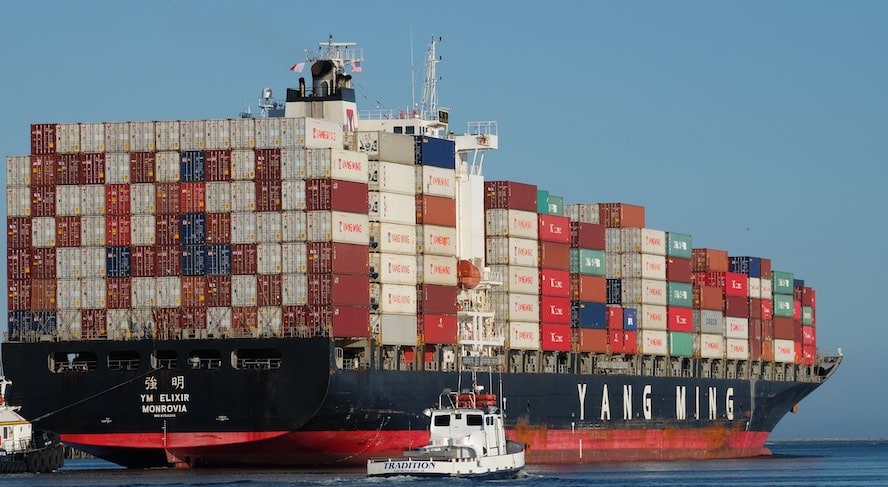
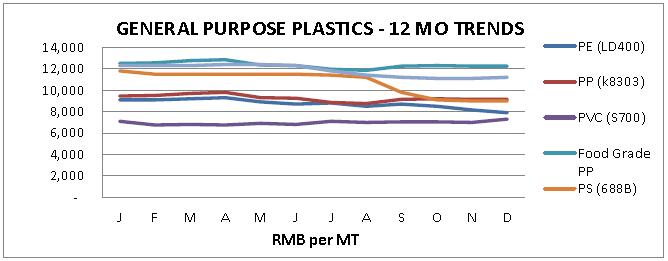
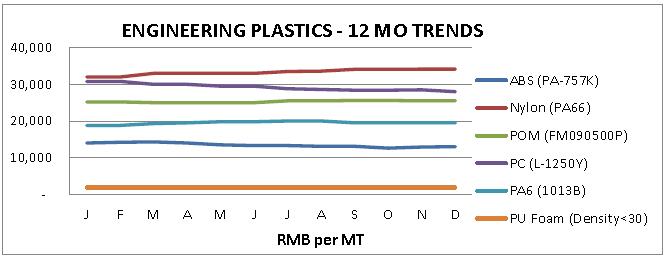
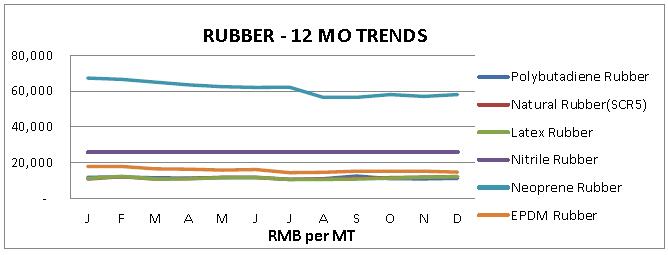
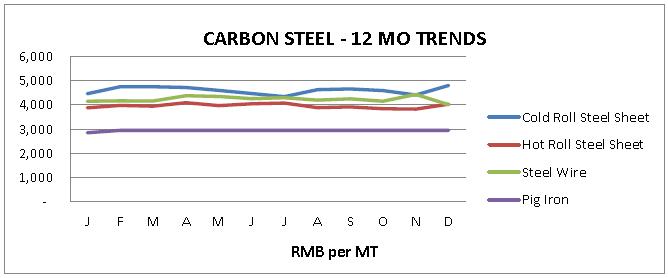
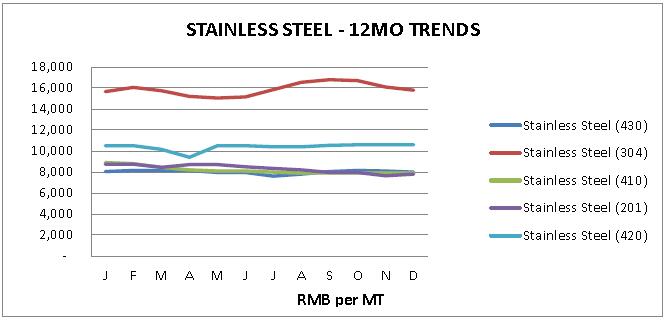
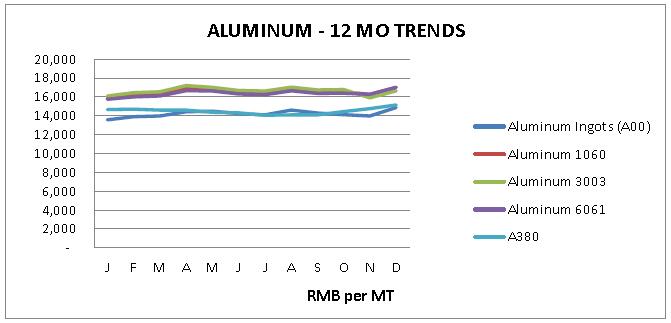
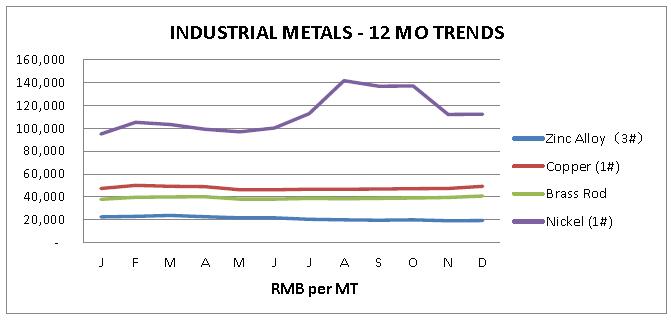
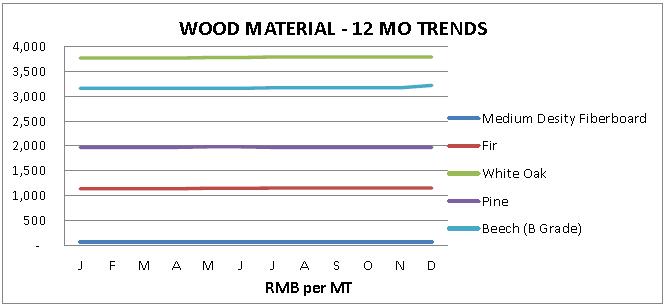
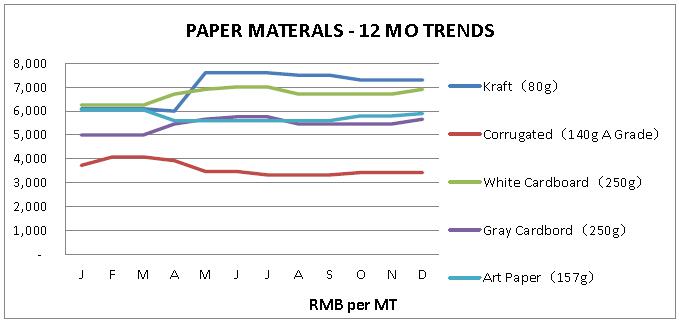
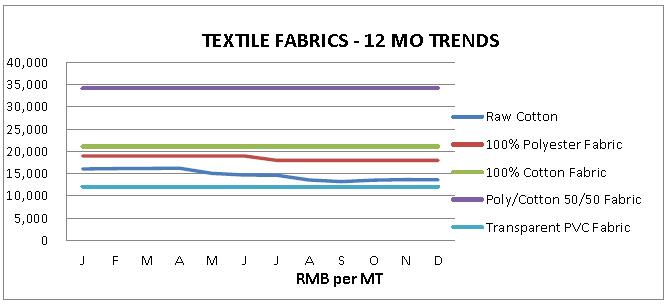
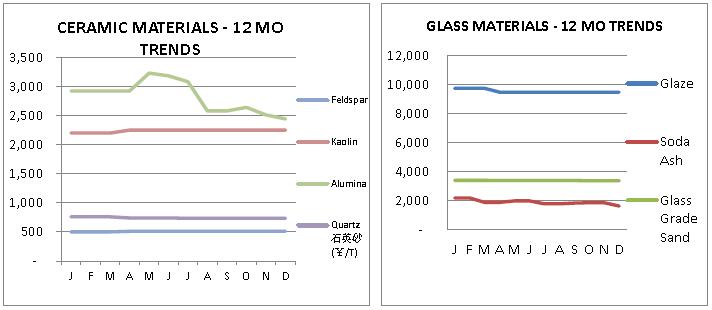
Comments are closed